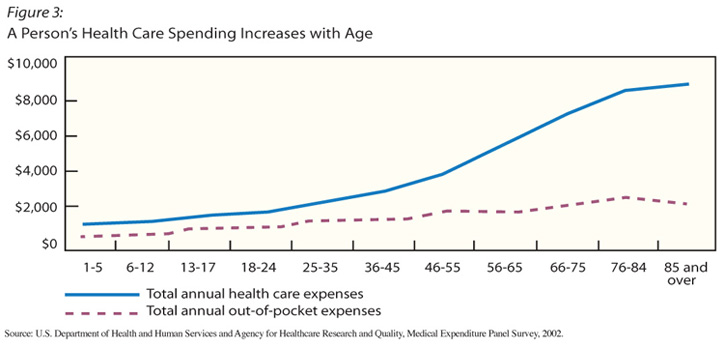In the 20th century it seems we made a lot of medical progress in things like public health, pharmacology, surgery,nutrition (IDing and synthesizing all the vitamins, understanding the role of vitamins, minerals and phytochemicals in health), diagnostics, and lots of things I’m forgetting.
What do people think are the most important advances we either will make or should make in this century?
I’d list things like
Reversing and preventing aging. This would be huge since most chronic and fatal diseases are due to aging. Very few 21 year-olds have heart disease, diabetes, cancer, chronic joint pain, dementia, etc.
Understanding the brain will be big. Not only could it treat mental illness (which is a huge problem globally) it would increase cognition, make people more resistant to life stress and trauma and make like more emotionally enjoyable (less malaise, anxiety and melancholy) for people not clinically mentally ill.
Robot surgery. When this becomes big then ideally it’ll make advanced surgery something almost everyone has access to at an affordable price.
Advances in understanding the immune system should be big at combating autoimmune diseases and making people more resistant to infections and cancer.
Curing obesity should happen this century.
Diagnostic improvement. This would be big both for helping Id the right illness (fewer people suffer for years with no diagnosis or a misdiagnosis), and for constant monitoring of BP, sugar, sleep patterns, etc.
Stem cell made cells, tissues and organs.
Most of these seem feasible in the first fifty years of the century though (except reversing agimg) I have no idea what the last fifty will do.
